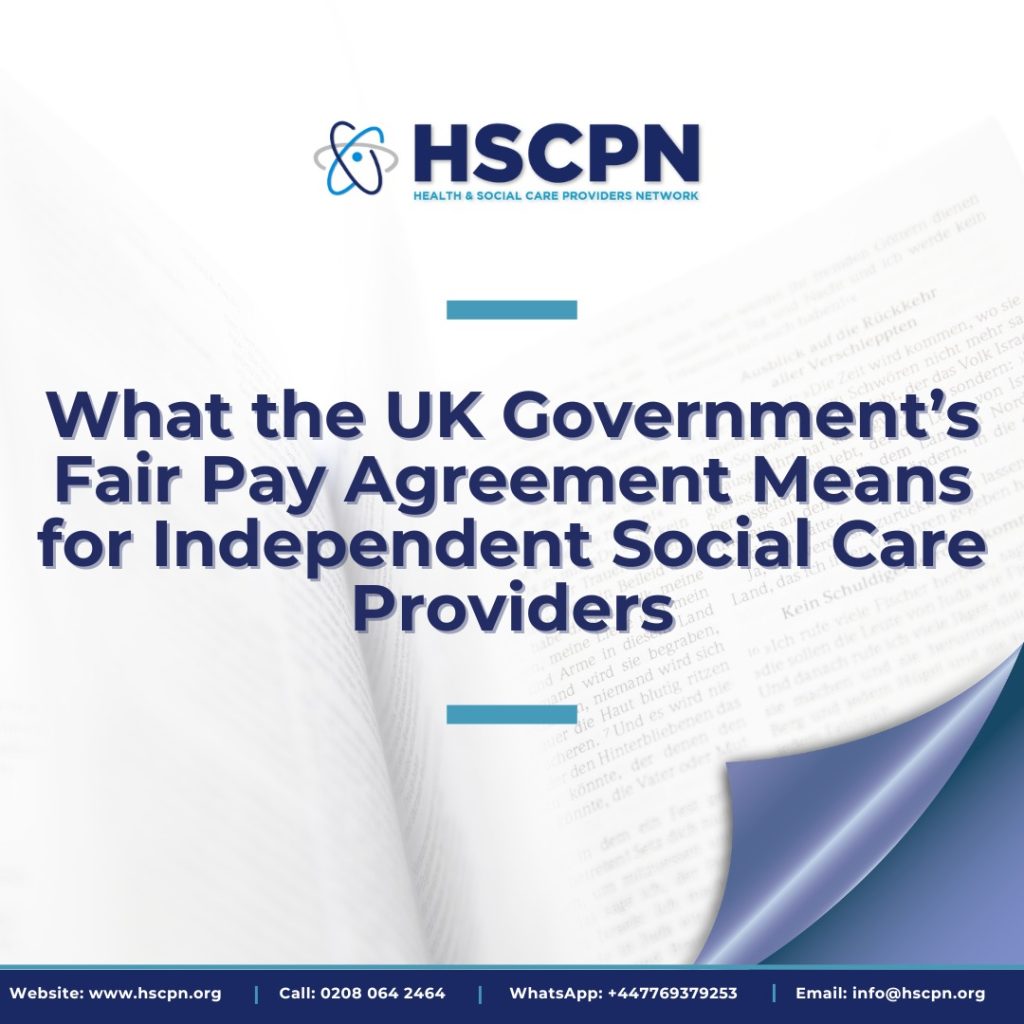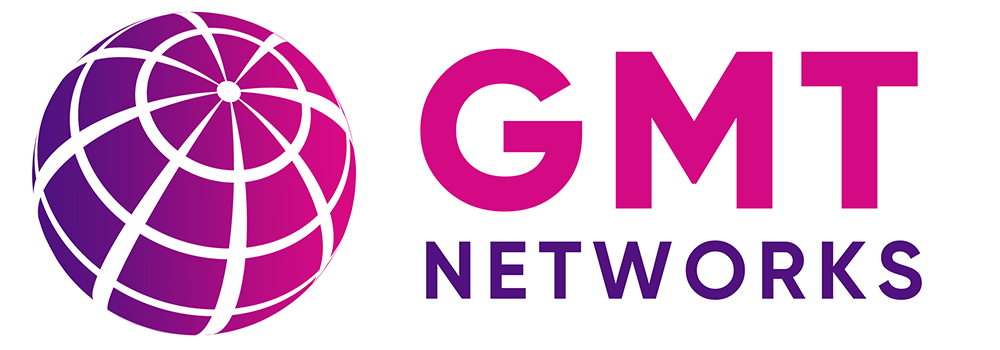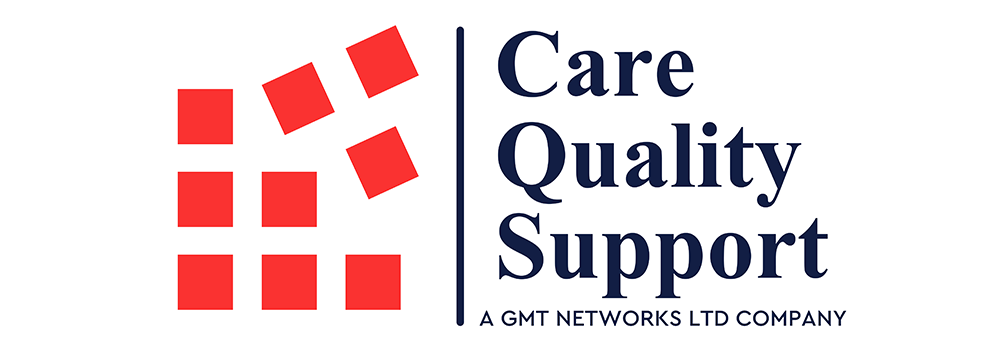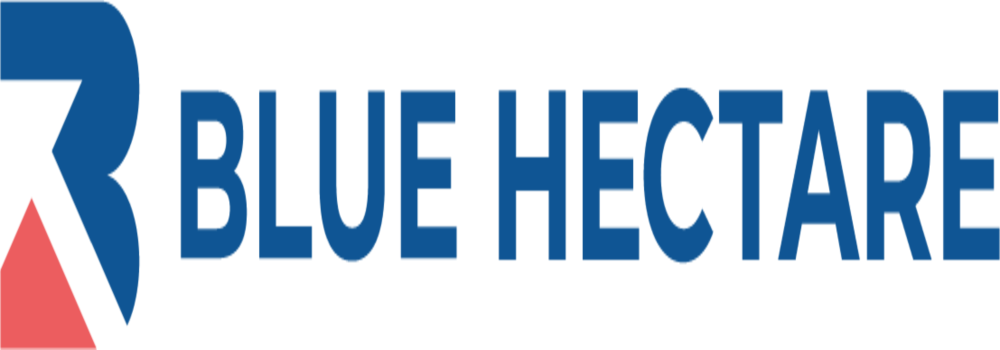The UK government has made the Fair Pay Agreement (FPA) for adult social care a central part of its workforce strategy. FPAs establish a legally-binding, sector-wide minimum for pay and certain terms and conditions, negotiated between employers and unions through a new Adult Social Care Negotiating Body. For independent social care providers, who operate with tight margins, this represents a significant change.
Background
An initial £500 million has been ring-fenced by the government to support the FPA, which is expected to come into force in 2028, following the establishment of the negotiating body and necessary legislation. While this funding is welcome, concerns remain about whether it will fully cover the increased costs to providers.
FPAs will apply across the social care sector unless explicitly excluding some groups, which is currently under review. Independent providers should expect to comply with the agreement once it is finalised. This will likely lead to higher direct wage costs, potential changes to shift patterns and minimum hours, and additional administrative and compliance obligations, all of which could put further pressure on tight provider margins.
How FPAs Work
An FPA introduces sector-level collective bargaining. Representatives of employers and unions will negotiate minimum pay rates and terms, which once agreed and legislated, become enforceable across the sector. The government’s consultation on this process is underway, with the negotiating body planned to be set up by 2026, and the first agreement to be negotiated in 2027 and implemented by April 2028.
Likely Cost Implications for Independent Providers
Wage bill increases: Most expect care workers’ pay rates to rise to between £13 and £15 per hour. Without additional funding, this could significantly increase wage bills.
Other employment costs : Employers should budget for higher National Insurance, pension contributions, holiday pay, and costs from tiered pay scales.
Cashflow pressure : Many providers operate fixed-price council contracts that don’t instantly adjust to wage rises, tightening margins further.
One-off setup costs : Administrative expenses related to pay scale mapping, payroll updates, contract renegotiations, staff training, and compliance monitoring may disproportionately affect smaller providers.
Practical Steps for Independent Providers
✅Conduct a short-term financial impact analysis, modelling different wage increase scenarios, including NI and pension effects.
✅Engage with your payroll and HR systems to ensure readiness for new pay bands and retroactive payments, and budget for setup costs.
✅Focus on retention strategies such as flexible rotas, efficient route planning, recognition, and accessible career development to reduce staff turnover while the FPA is negotiated.
✅Plan for phased rollout of pay changes to ease cashflow and operational pressure.
Support from HSCPN
HSCPN is committed to supporting its members through guidance and resources to help navigate the changes ahead.
If you are not yet a member and would like to join, please contact us using the details on our website.













